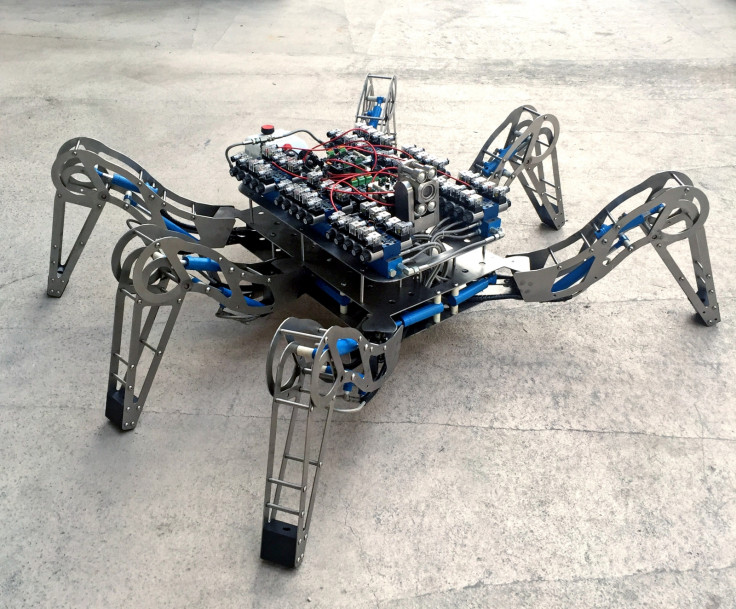UK funding development of autonomous robots to help clear up nuclear waste
A new UK consortium will be developing robots to handle nuclear sites, bomb disposal, space and mining.

The UK government is funding a new consortium of academic institutions and industrial partners to jump start the robotics industry and develop a new generation of robots to help deal with situations that are hazardous for humans.
It is estimated that it will cost between £95 billion and £219 billion to clean up the UK's existing nuclear facilities over the next 120 years or so. The environment is so harsh that humans cannot physically be on the site, and robots that are sent in often encounter problems, like the small IRID Toshiba shape-shifting scorpion robot used to explore Fukushima's nuclear reactors, often break down and cannot be retrieved.
Remote-controlled robots are needed to turn enter dangerous zones that haven't been accessed in over 40 years to carry out relatively straightforward tasks that a human could do in an instant.
The problem is that robots are just not at the level they need to be yet, and it is very difficult to build a robot that can successfully navigate staircases, move over rough terrain and turn valves.
To fix this problem, the Engineering and Physical Sciences Research Council is investing £4.6m ($5.7m) into a new group consisting of the University of Manchester, the University of Birmingham, the University of the West of England (UWE) and industrial partners Sellafield, EDF Energy, UKAEA and NuGen.
The group's aim is to build a series of prototype robots that are incredibly durable and able to autonomously perform tasks without direct supervision, such as sorting and segregating waste materials at nuclear sites, as well as to create a system so large groups of robots can collaborate to solve problems together.
The robots will be based on existing small submersible and ground-based robots that have already been invented by the University of Manchester to survey nuclear facilities.
The researchers will aim to solve problems seen in existing nuclear robots, as well as to create robots that can be used in other hostile environments, such as bomb disposal, mining, subsea and deep water, or even space.
"This programme of work will enable us to fundamentally improve RAS capabilities, allowing technologies to be reliably deployed in to harsh environments, keeping humans away from the dangers of radiation," said Barry Lennox, a professor of Applied Control and head of the Control Systems Research Group in the University of Manchester's School of Electrical and Electronic Engineering.
"If we are to be realistic about clearing up contaminated sites, then we have to invest in this type of technology. These environments are some of the most extreme that exist, so the benefits of developing this technology can also apply to a wide range of other scenarios."
© Copyright IBTimes 2025. All rights reserved.






















